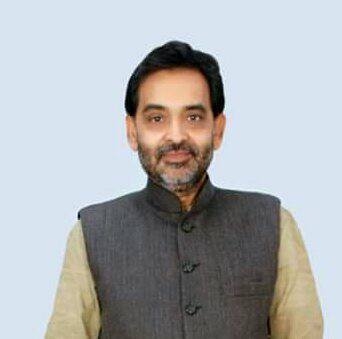Only 50% of teachers are actually engaged in teaching.
The World Bank took up a research project more than thirteen years back, in 2004, on teacher absenteeism in 6 countries, including India and conducted a survey in 3700 schools in 20 States. The report, inter alia, concluded that twenty-five per cent of teachers in Government primary schools remained absent from work on any given day, and only 50% of teachers present in schools were actually engaged in teaching.
The State and UT Governments monitor teachers’ attendance through School Management Committees/School Management Development Committees/Block Resource Centres/Clusters Resource Centres. States like Tamil Nadu, Andhra Pradesh Gujarat, Odisha, Madhya Pradesh, Chhattisgarh, Jharkhand and Himachal Pradesh have initiated biometric attendance on pilot basis.
There is no scheme in this Ministry to give performance bonus to teachers and principals. However, there is a scheme of National Award to teachers to recognize good performance of teachers across the country. Further, Section 24 of the Right of Children to Free and Compulsory Education (RTE) Act, 2009 mandates that a teacher appointed under sub-section (1) of the Section 23 shall perform the following duties, namely (a) maintain regularity and punctuality in attending school and (b) complete entire curriculum within specified time.
The National Council for Educational Research and Training (NCERT) has developed e-content and uploaded on e-Pathshala (epathshala.gov.in) and National Repository of Open Educational Resources (NROER) (nroer.gov.in) for showcasing and disseminating all educational e-resources including textbooks, audio and video material, periodicals and a variety of other print and non-print materials. The platform addresses the dual challenge of reaching out to a diverse clientele and bridging the digital divide (geographical, socio-cultural and linguistic), offering comparable quality of e-contents and ensuring its free access at every time and every place. Students, teachers, educators and parents can access e-books through multiple technology platforms i.e. mobile phones and tablets and on web through laptops and desktops. NCERT has also designed 8 courses for students of Class XI-XII and uploaded for its free use on SWAYAM (swayam.gov.in). Further, under Computer Aided Learning (CAL) component of Sarva Shiksha Abhiyan (SSA), States/UTs have been supported financially to promote e-learning of Science and Mathematics at Upper Primary level.

This information was given by the Minister of State (HRD), Shri Upendra Kushwaha today in a written reply to a Lok Sabha question.

